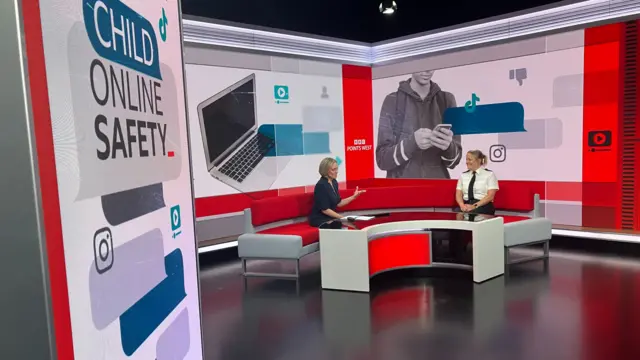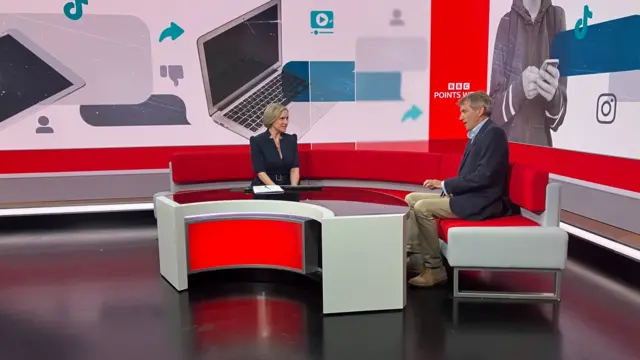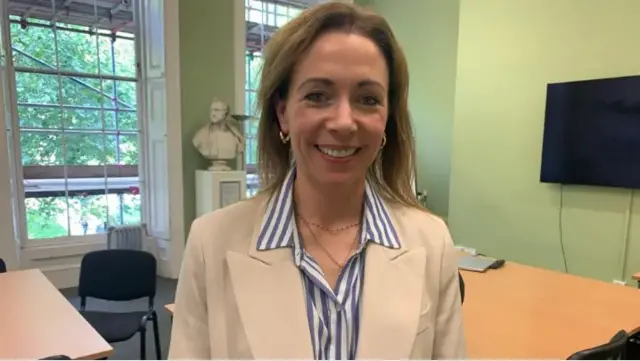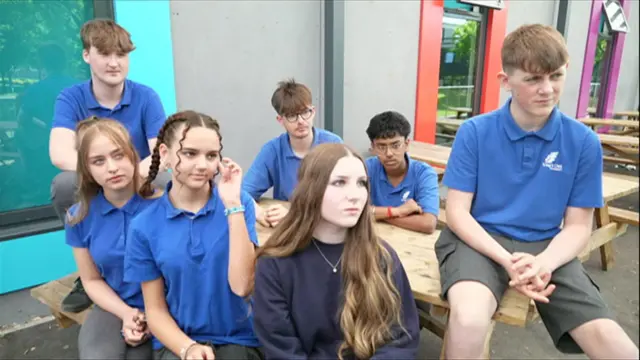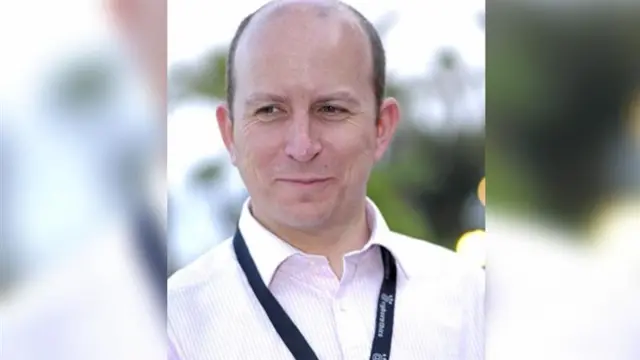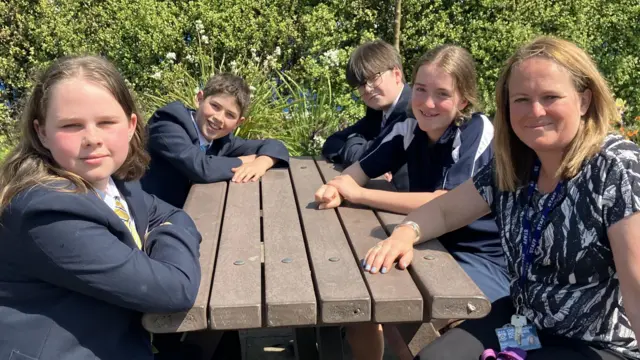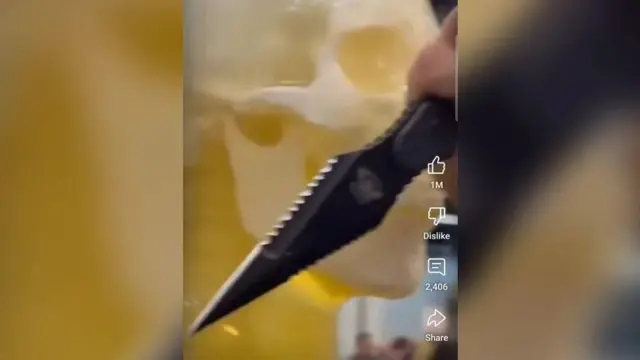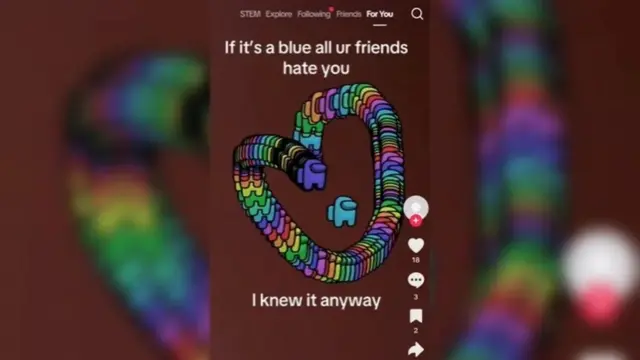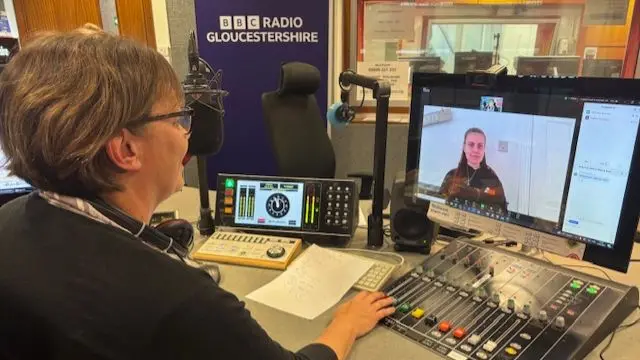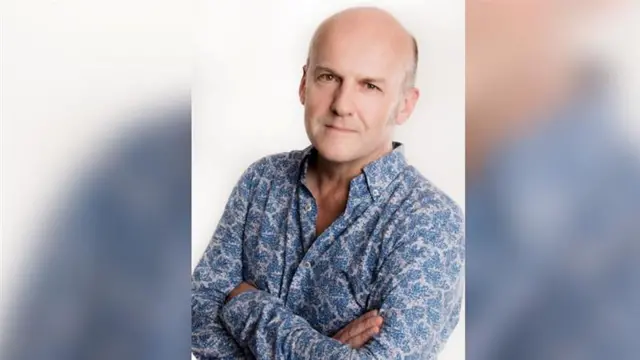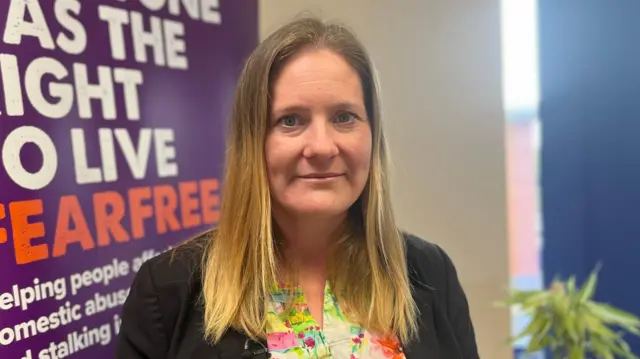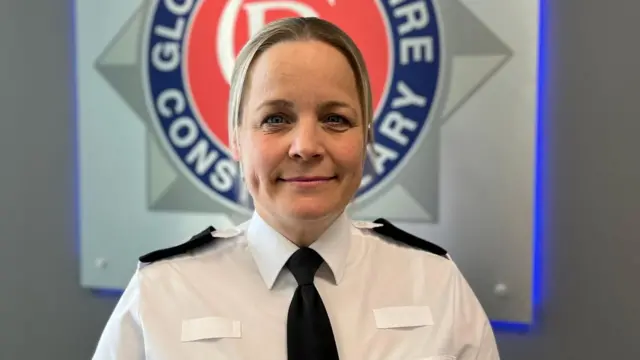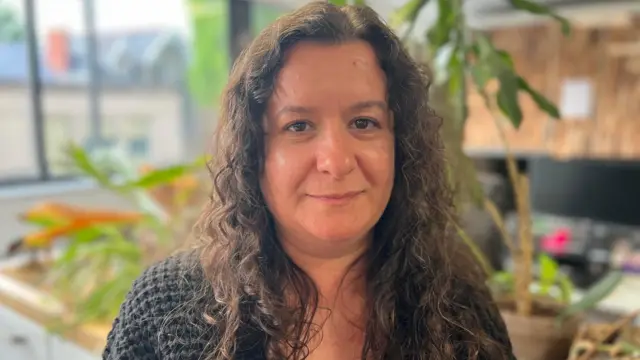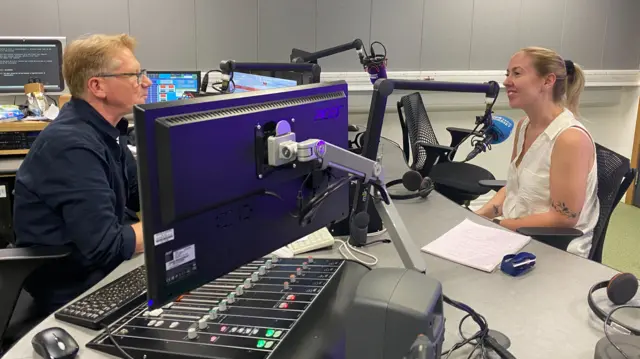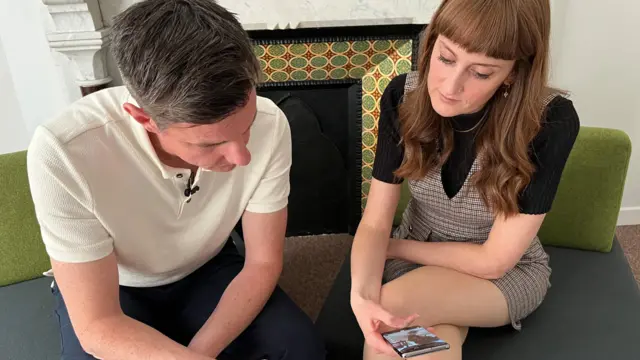Thanks and goodbyepublished at 18:59 BST 15 May
We've come to the end of our day of coverage on online safety.The nature of the harmful content we've been examining has covered some distressing topics - some of which can be very difficult to deal with.
As many of our experts have said today, if you are struggling with anything we have covered, you are not alone.
There are many resources available online, including within the BBC. A good place to start may be our Action Line page, which signposts to a huge variety of support services.
To find out more you can visit the website here.
